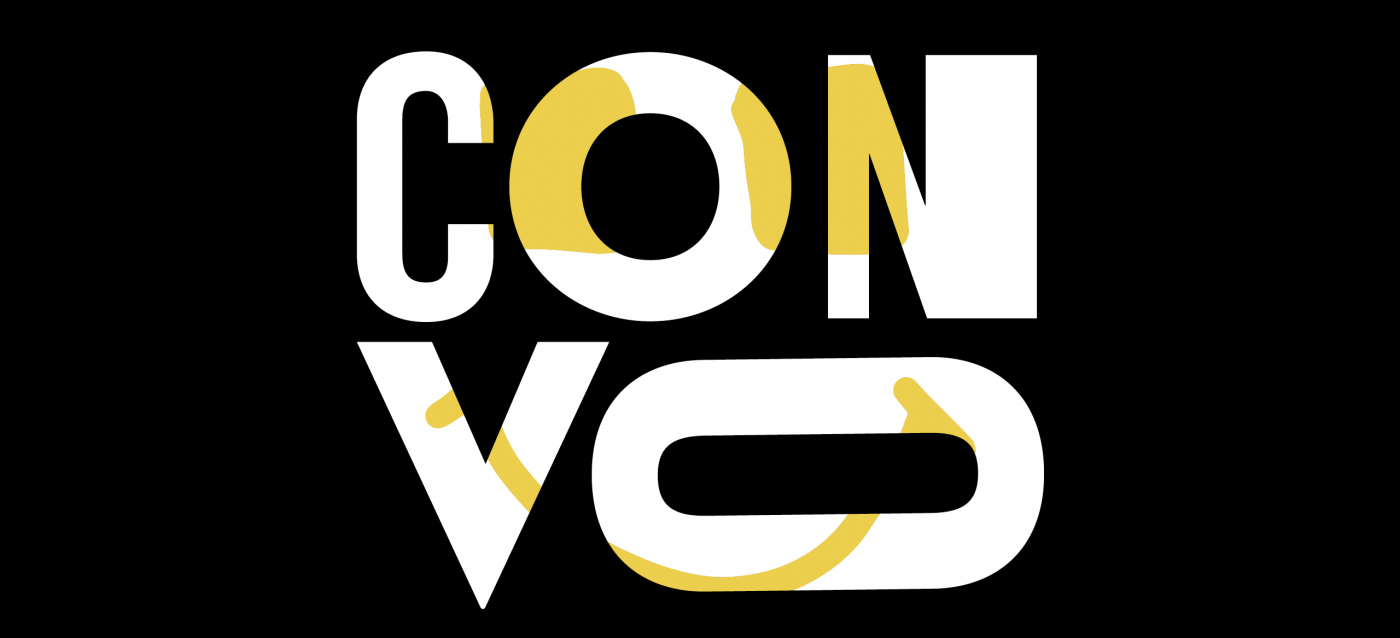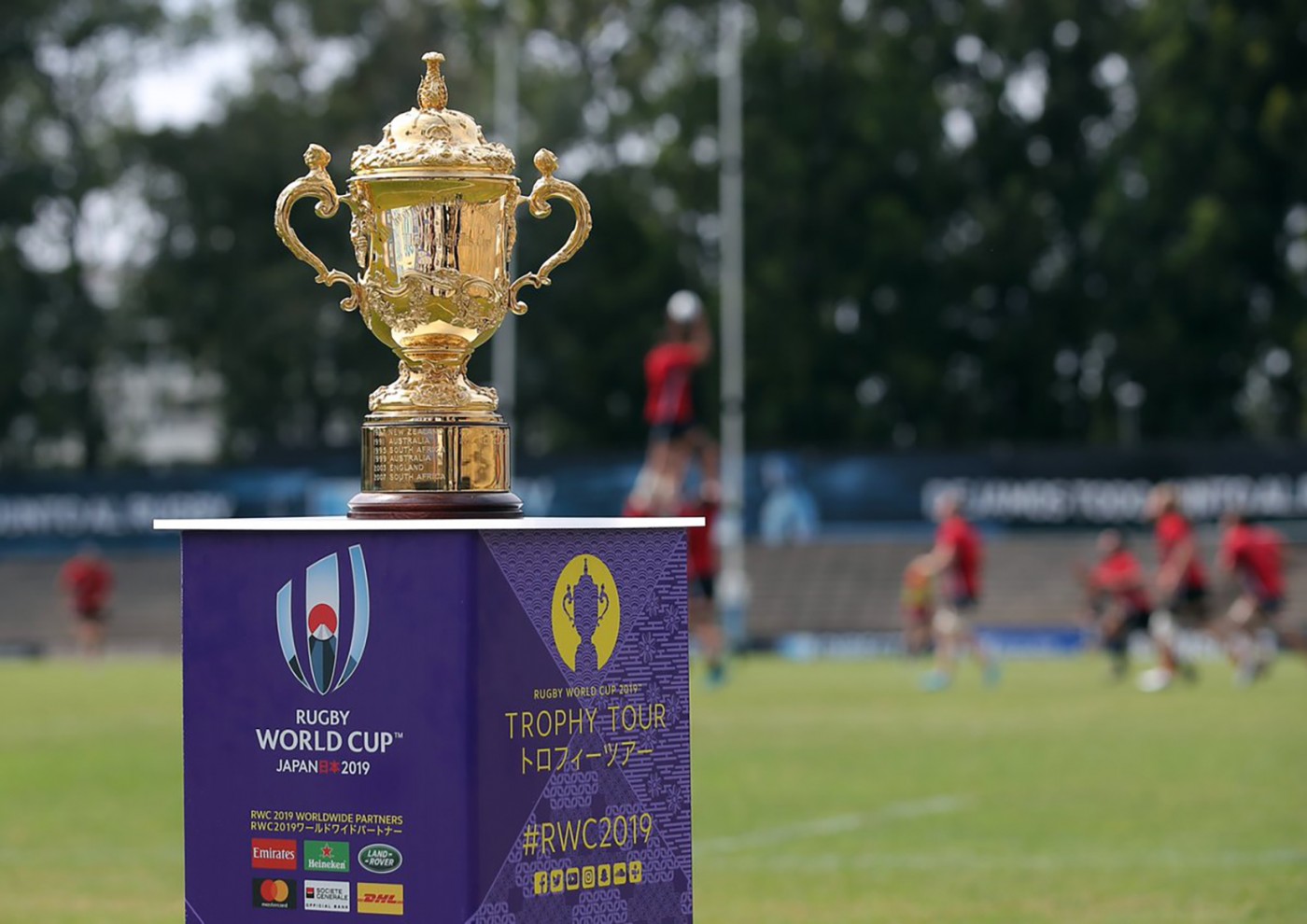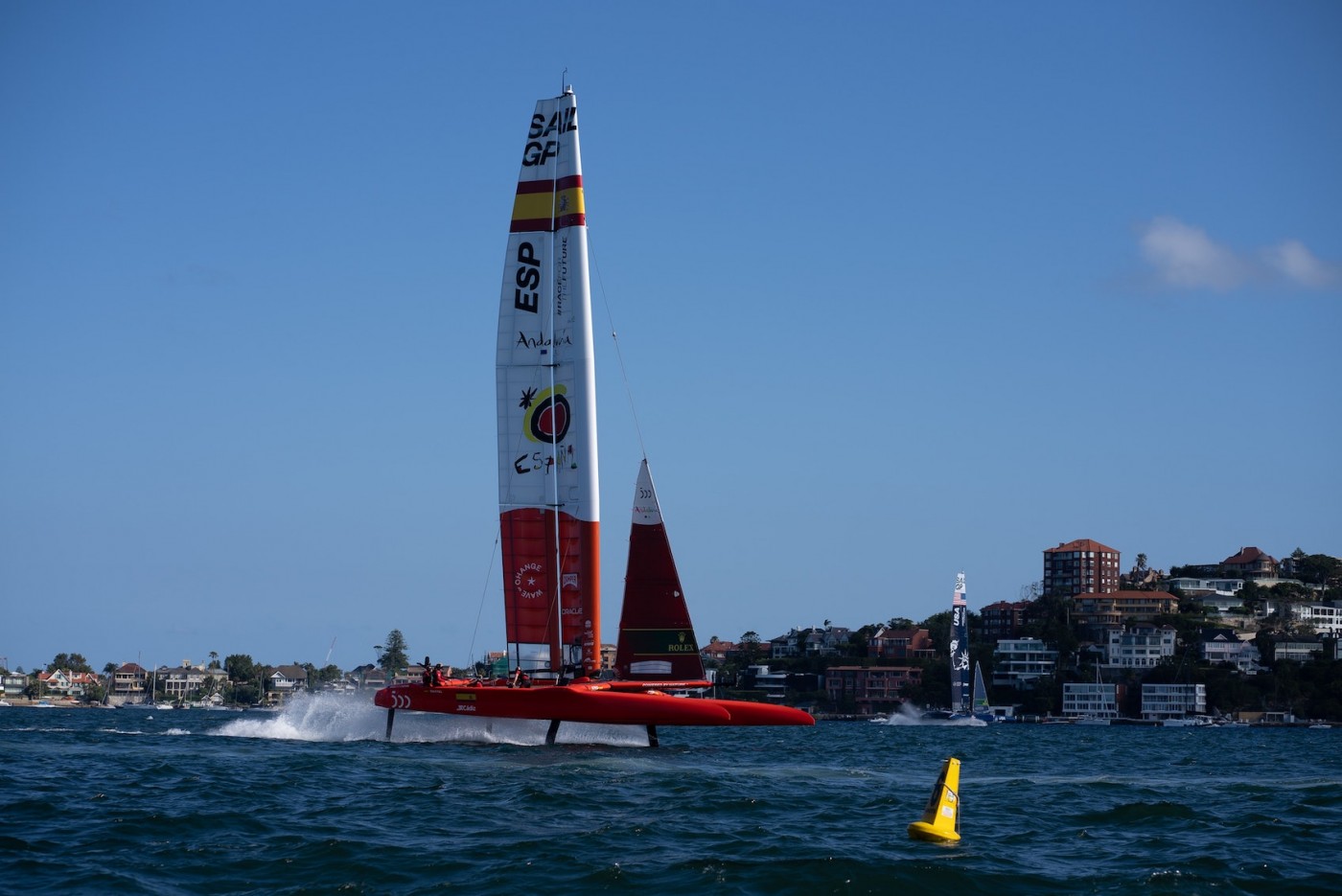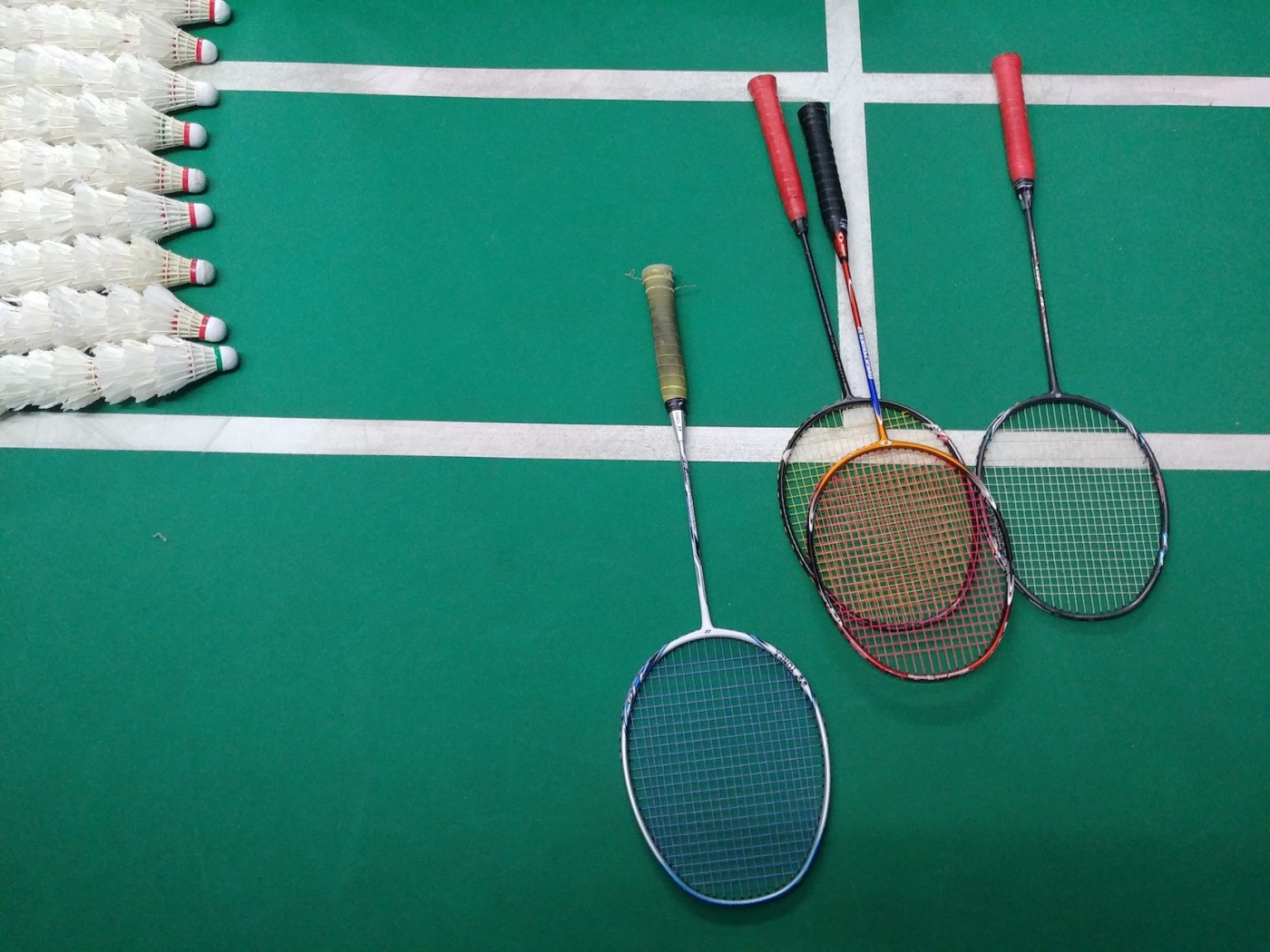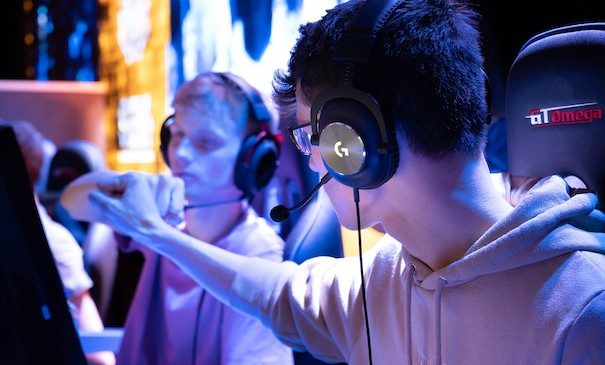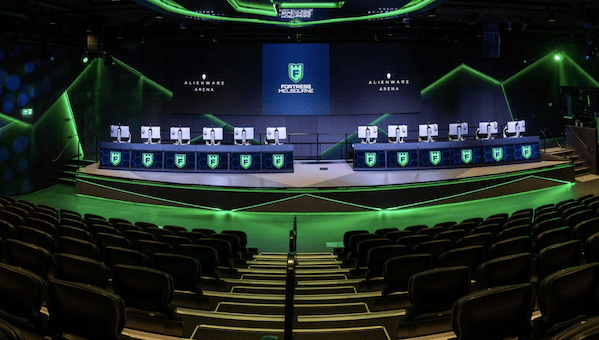Frukt’s latest report looks at the state of music brand partnerships and gives a point of view on how brands can help not only fuel the industry and help support artists more meaningfully, but build better platforms and campaigns that deliver against their own objectives too. Mutually beneficial partnerships tend to result in each partner pushing beyond obligations to deliver even greater value for each side, after all.
How should music brand partnerships evolve in 2023?
Elijah states that “we’re at the beginning of a paradigm shift in what the modern artist is.” New technologies are transforming the role of an artist and changing the music industry. The report details five ways in which brands can better collaborate with artists in 2023.
- Offer bespoke support to struggling artists within live music – Many artists are playing less and missing key destinations due to rising costs and increasing regulations. Even aspects of touring where artists could traditionally recoup, such as merchandise, are becoming more challenging. Brands could support everything from travel and accommodation to fan support, to ensure busy venues and vibrant atmospheres e.g. make key shows extra special for the general public, rather than working on private events that offer rewards to a limited audience
- Collaborate with artists on a bold approach for TikTok – TikTok is continuing its rise as one of the most dominant tools for musical expression and discovery, with 75% of TikTok users saying they use the platform to discover new artists and 63% claiming they find exciting new music on the platform. There is also a new wave of artists speaking with a unique voice and creating a personal, intimate fan connection via the platform, and this is where brands should take note
- Work with artists to effectively mobilise communities – Consumers are swamped with algorithmically spoon-fed content, including music. Despite this chaotic online output, artists are finding ways to cut through the noise and mobilise their communities using a mix of established and newer platforms. Brands should try to embrace and collaborate with artists who have a mix of connected networks and communities, as well as artists with smaller but highly engaged fanbases, instead of chasing mass audiences in a one-size-fits-all approach
- Seize the opportunity in the rise of the multidisciplinary artist weaving across many platforms – Contemporary artists aren’t just musicians, artists, or filmmakers… they’ve grown-up hardwired into a MacBook and have a range of passion points and innovative skills; polymaths networking around creative communities. Such artists are inspiring, particularly with Gen Z, not just for a singular creative output but for their multidisciplinary entrepreneurship and trailblazing digital promotion. Brands need to look at them as co-creators and campaign architects rather than merely artists-for-hire
- Use artists to empower the next generation – Many young artists are inspired by a ‘sideways’, rather than top-down mentoring, approach – people from their world who understand the same challenges and give them the confidence to take that next step. Brands can partner with relevant talent that young people connect with and collaborate to create inspirational content that can also form deeper connections to a brand’s ethos.
Click here to read the full report on how music brand partnerships are evolving in 2023, and other great content.
Looking for a music brand partnerships agency to work with?
If you’re looking for advice from a music brand partnerships agency, Strive Sponsorship can help. Contact us for sponsorship, commercial, content, media, operations, investment, and communications consultancy services.
Frequently asked questions
What are music brand partnerships?
Music brand partnerships are collaborations between a music artist or a music-related entity (such as a record label or music festival) and a brand, with the goal of promoting both parties through a mutually beneficial relationship. Usually, a fee is paid by the brand. However, it is common for a brand to also bring value through the provision of products or services, and/or deliver marketing in kind to help the music partner reach a bigger audience.
Why do music artists partner with brands?
Partnerships can help both parties reach new audiences and connect with fans in a more engaging way. For the brand, the association with music can help create a more emotional connection with consumers, while for the artist or music-related entity, the partnership can provide exposure to new fans, additional revenue, and resources to support their work.
How do you get partnered with brands?
To attract a sponsor as a music artist, you need to clearly demonstrate your value. How do you do this?
- Build a strong brand: Develop a clear and consistent brand image that reflects your values and style.
- Build a strong following: Sponsors want to partner with artists who have a large and engaged following.
- Create high-quality content: Make sure that the content you produce is of high quality and aligns with your identity
- Research potential sponsors: Look for brands that align with your values and style. Research their previous partnerships to see if they have worked with music artists in the past
- Reach out to potential sponsors: Once you have identified potential sponsors, reach out to them with a proposal outlining the benefits of a partnership i.e. how you can help them meet their objectives or solve a problem they have



